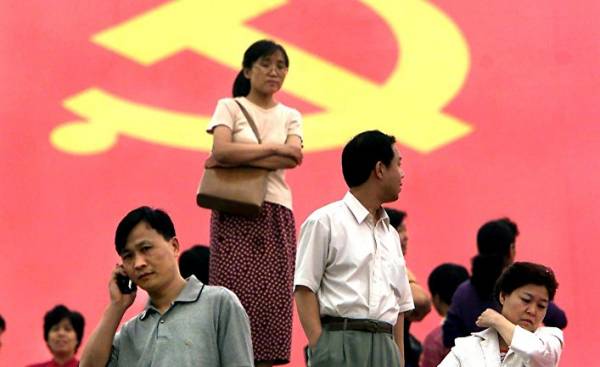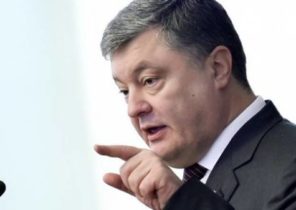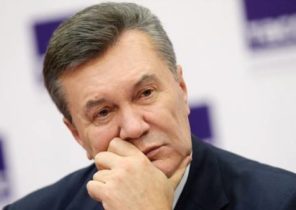
Five years ago in Beijing, took one of the sessions of the Committee on reinventing Bretton woods, a group that seeks to understand the future of the multilateral economic system.
After her gracious hosts of the event invited participants to one of their famous dinners, famous for the abundance and hospitality. Guests heartily enjoy Peking duck and Lux Regis (wine produced in the region of Ningxia, which the Chinese are justly proud of).
Next to me at dinner, sipping red wine of domestic production, sat two high-ranking leaders of the Chinese Eximbank. We talked about the future of China as a superpower with the economy.
They said, “You in the West expect of China too much. Of course, we have weight and momentum. And in the last three decades we have been able to choose the right strategy. But note that China is still a little different from other developing countries…”
If the logic in vino veritas works in the case of the Chinese, then my neighbors in the table clearly claimed to stand at the head of globalization, China is not yet able to do.
In the current era of tranism, of course, there is a great temptation to consider the world chess game as a kind of tug-of-war.
If the protagonists really are the Washington and the Beijing — G2 modern world — the voluntary insularity of the US means more freedom for China.
In recent weeks, a similar vision was especially widespread.
At the Davos forum, Klaus Schwab, was proclaimed President XI Jinping the great helmsman of globalization.
In March of this year, Chile will host a meeting at the highest level with the countries-participants of negotiations on the TPP (TRANS-Pacific partnership), with the exception of USA and China — on the guest list.
In addition, in Europe, we see how even in economic terms is void, the concept of “North Atlantic”. Whether the initiative of the Brussels community or the decision of each capital separately, but the European countries seem to take their own “pivot to Asia”.
And in Latin America, with the obvious exception of Mexico, it’s hard to find a diplomacy that would not have Beijing looking for opportunities for economic partnership, more promising than those that can be expected from Washington trump.
To this island and individualistic position of the United States must be added the economic power of China, which is not confined to one trade.
If starting from 2013, with the total import and export of more than four trillion China overtakes the United States, becoming a major trading nation, its strength is in the field of foreign direct investment (FDI), financing the latest developments and intergovernmental loans.
So, we can say that China is a genuine “leader of the globalization”? Although in recent days the Chinese did praise the blessed economic interdependence, the idea is to take on organizational responsibilities in respect of the new global system is welcome not everyone in the higher echelons of power in Beijing.
The globalization of China, except for the economy, it is not easy. China is not a “role model”. Not possess from the point of view of “soft power”. And the Chinese understand this.
In the collective system of peace and security China is not so much on stage as in the audience. Troops or resources provided to peacekeeping missions organized by the UN Security Council, is negligible.
However, he is in no hurry to promote the reform of modernization of the permanent members of this elite body of multilateral diplomacy.
Even the private Chinese the structure of the projection forces a simple comparison with the US demonstrates the Gulf between them. Each year American spends on defense on average eighteen times more than the Chinese.
And again, to lead the globalization of the means to protect the ideals and models which might — at least later — to a “universal character.”
Can you imagine that China has spearheaded negotiations on transnational standardization of practices in areas such as intellectual property, environmental protection or public procurement?
Many countries apparently captured the trajectory of China’s economic growth. And the Chinese models do have much to learn. However, it is not reproducible in other national contexts.
Although today the Chinese superiority in anybody does not cause doubts — and his relative power in the coming years will probably grow to something that still had China, was a “Grand strategy” for themselves.
To be world leaders, the Chinese must not only know what they want from the world but what they can give to the world.







